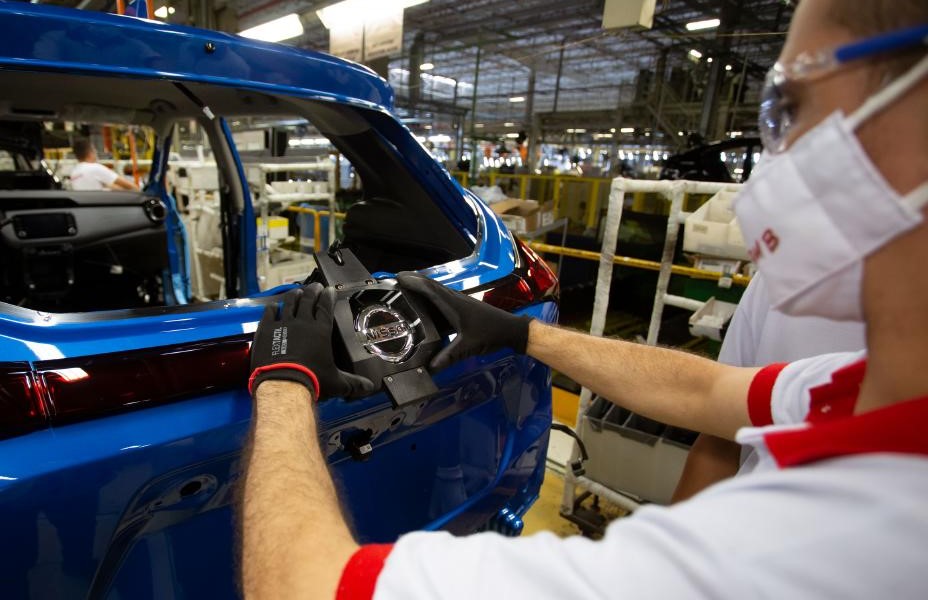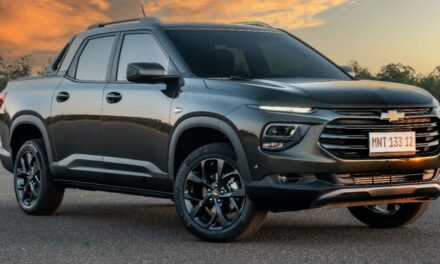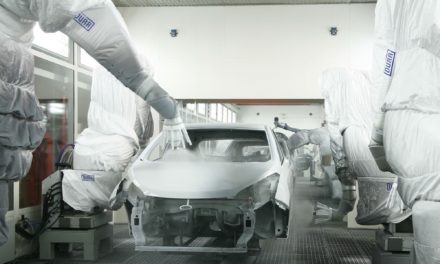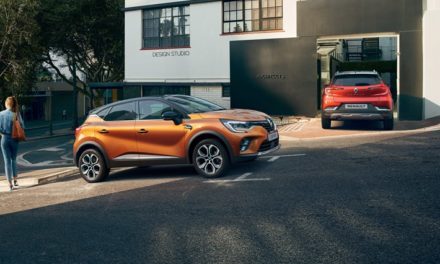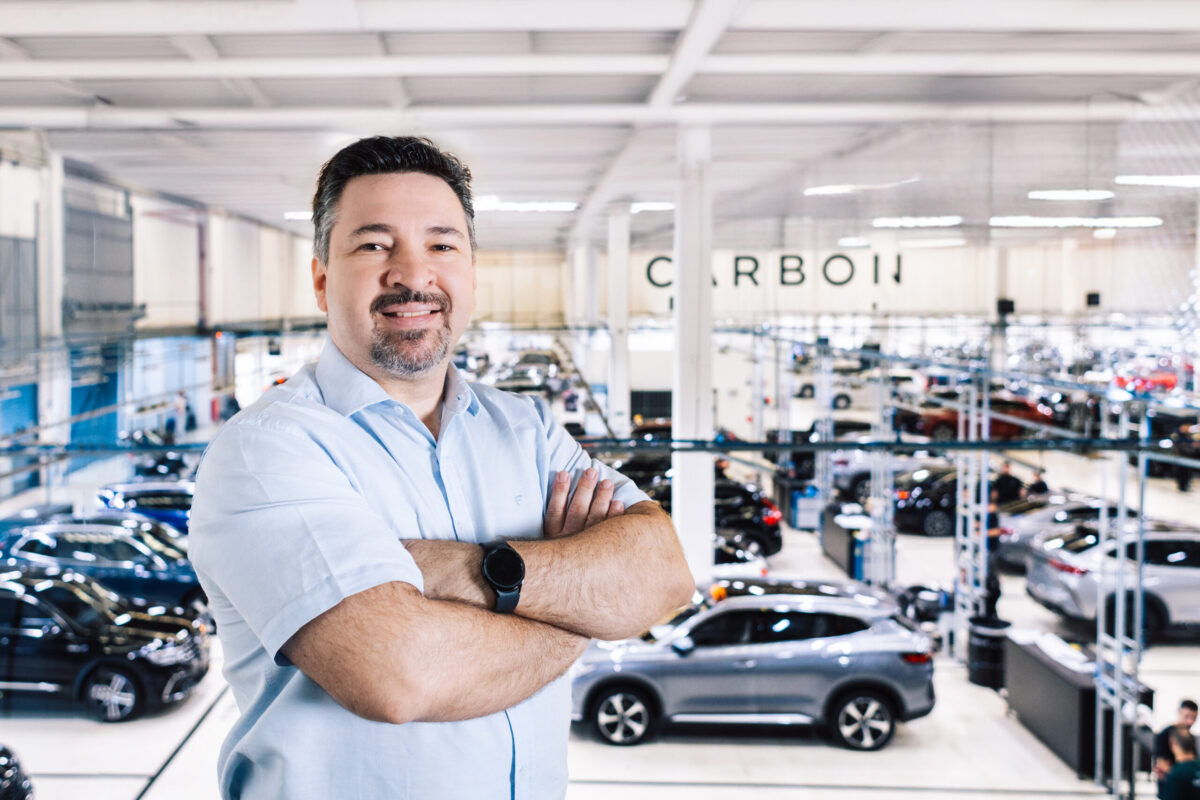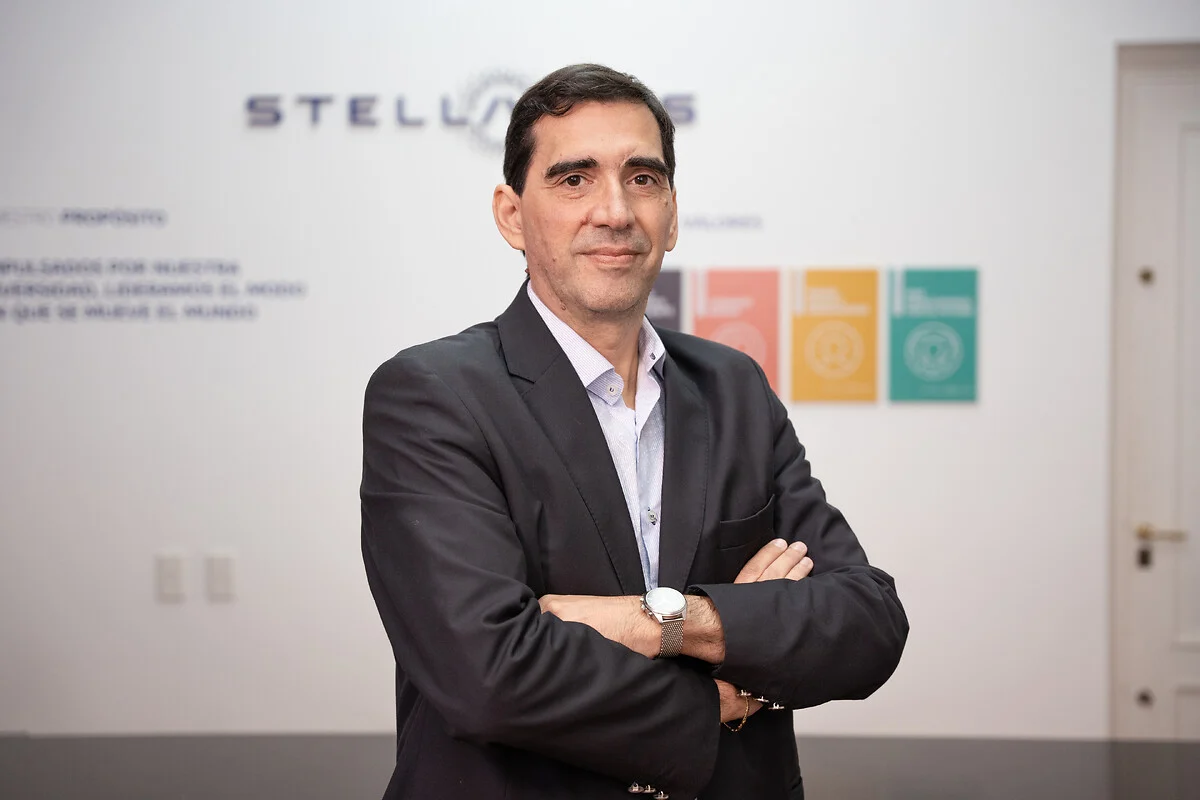By George Guimarães | 7/7/23 | Translated by Jorge Meditsch
The new Mercosul Origin Regime approved by the economic block on Tuesday, 7/4, at the summit held in Puerto Iguazú, Argentina, raised the limit of imported content in Brazilian-made products from 40% to 45%.
The origin rules ensure merchandise benefitted by tax exemption in the Mercosul area is made in one of the block’s member countries. Local products can circulate freely among the four member countries free of import taxes.
Argentina has the same content index as Brazil, but Paraguay and Uruguay’s limits are 60% and 50%.
“This measure is a significant advance to strengthen the region’s economic integration and to increase Brazilian companies’ competitiveness in the international market”, commented Márcio Elias Rosa, executive secretary of the Brazilian Ministry of Development, Industry, Commerce and Services.
Besides increasing content originated out of Mercosul, the new rule, which has been negotiated since 2019, also facilitated content proof by exporters.
From now on, it will be up to the companies that negotiate with the block countries to issue an origin declaration, dispensing the Origin Certificate so far issued by accredited entities.
Despite the changes being welcomed by most of the Brazilian productive sector, Márcio Lima Leite, Anfavea’s president, manifested concern over the potential reduction of local content share in vehicle manufacture:
“It is not a very relevant index change, but I think we should not open so much. Other countries are creating barriers as an incentive for their industries, including subsidies. We must keep a watchful eye to not harm the country’s re-industrialization. I’m not talking about neo-industrialization, but about companies that have been here since sixty, seventy, eighty years”.
Even praising the block’s intention to simplify and reduce bureaucracy in the commerce among member countries, Leite also mentioned the risk the content auto declaration could represent:
“It is not clear how it will be made; it is necessary to regulate it. My concern is about non-serious producers that also exist and may take advantage of this.
- Caoa Chery triplica vendas e inverte cenário de dificuldades - 13 de maio de 2024
- Ford pode seguir com híbridos na Europa depois de 2030 - 9 de maio de 2024
- Peugeot e Citroën estão em “dívida” com Antonio Filosa - 9 de maio de 2024

